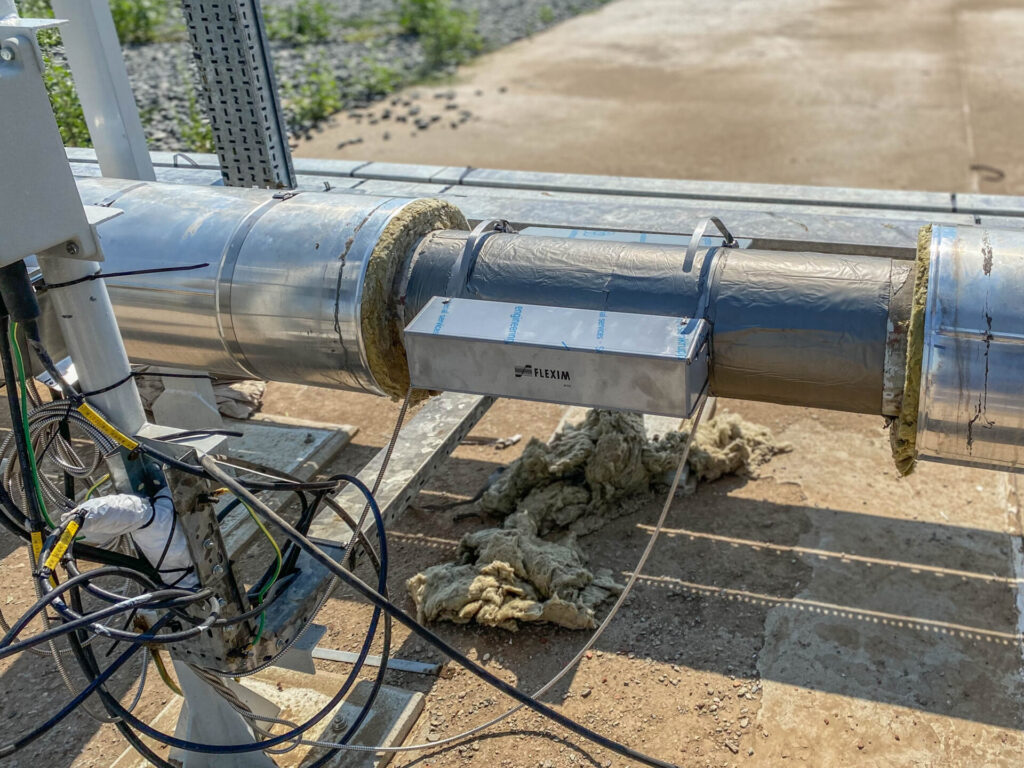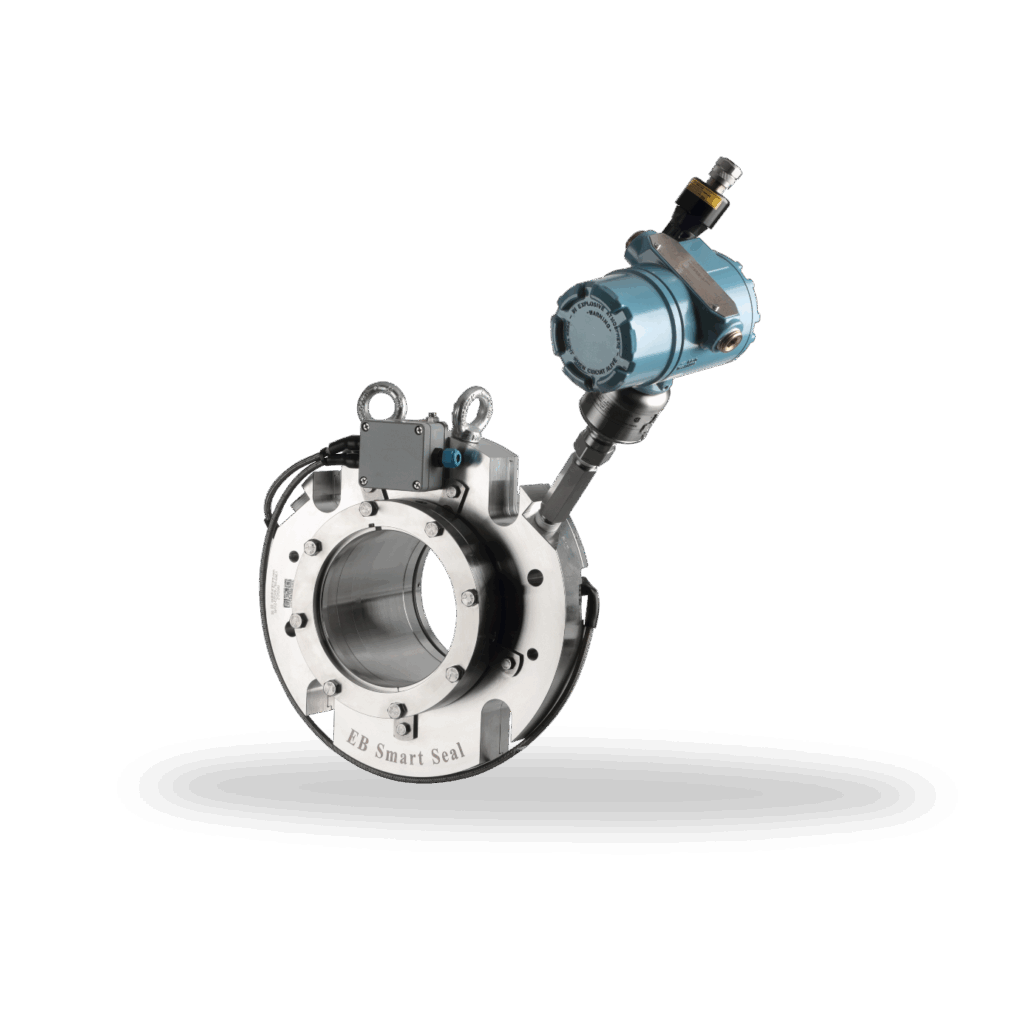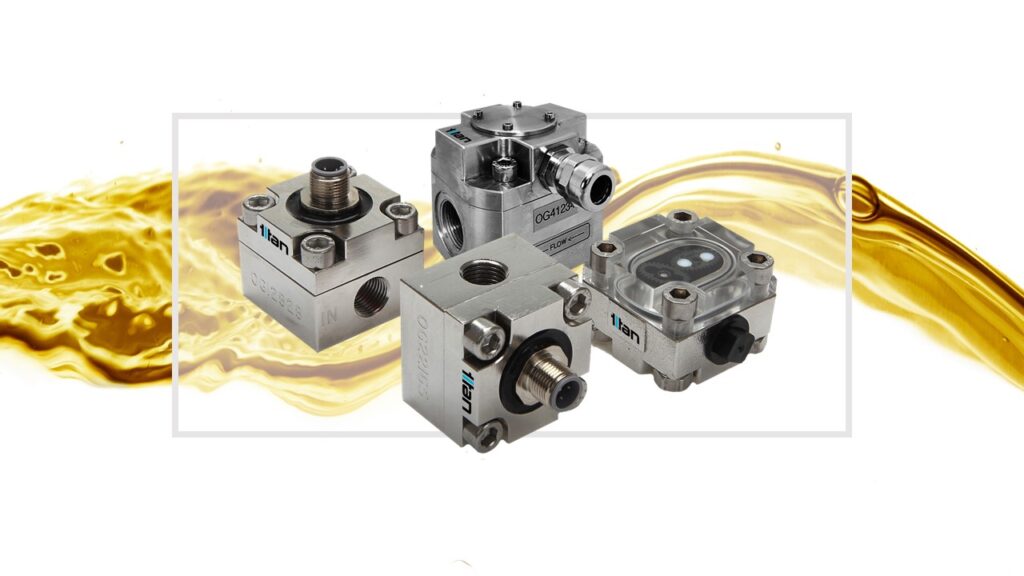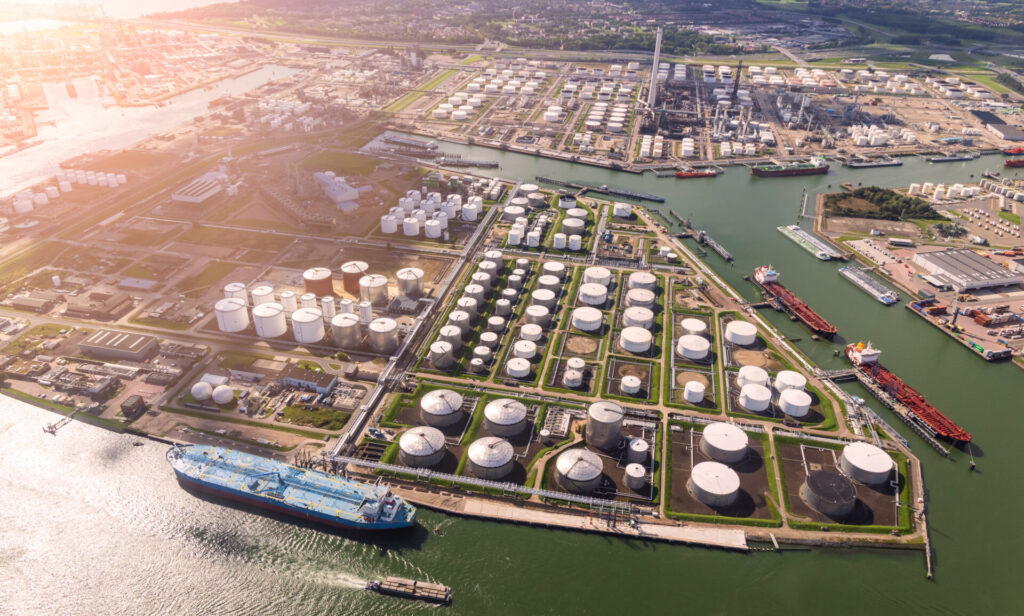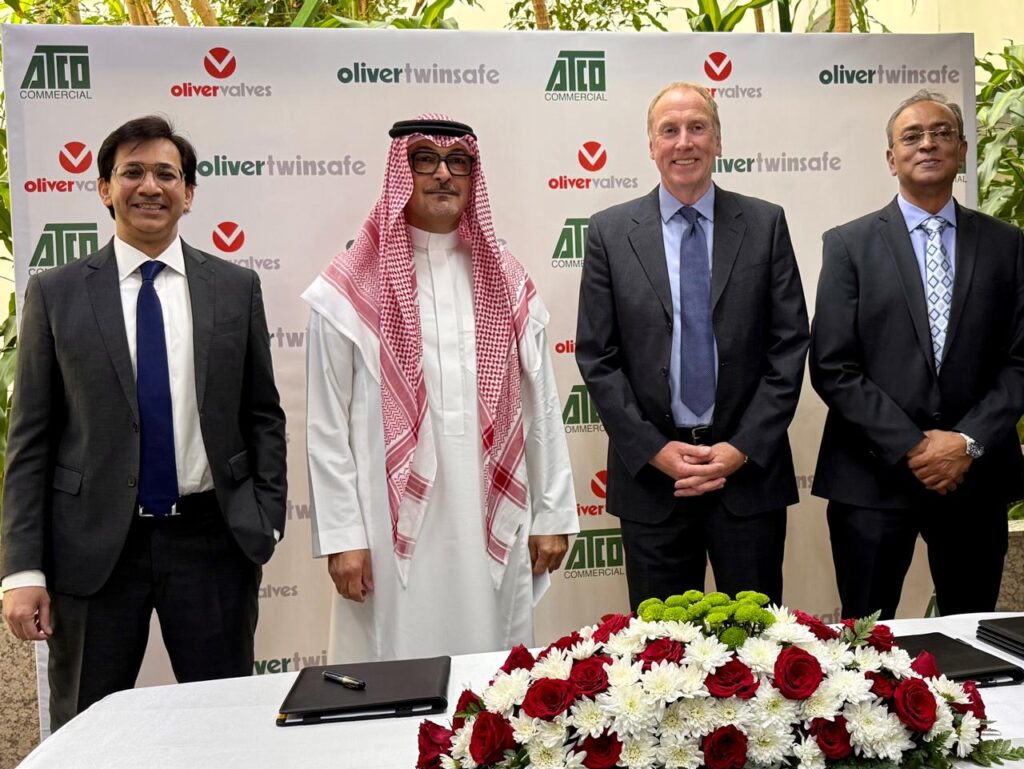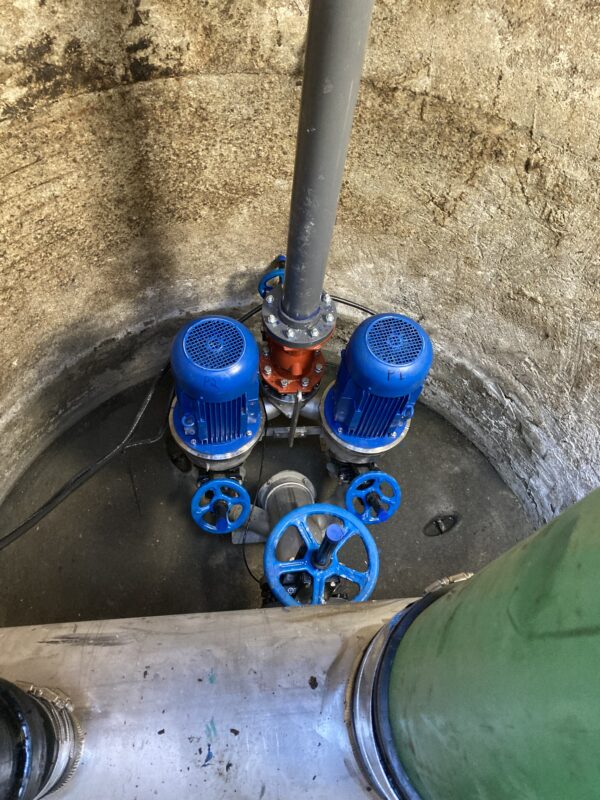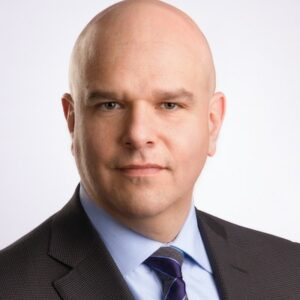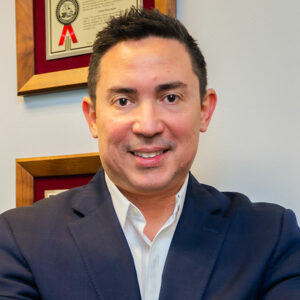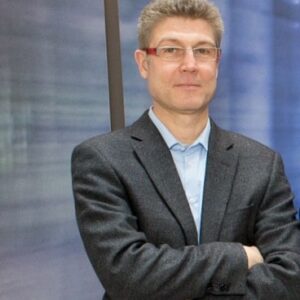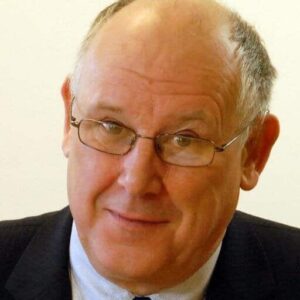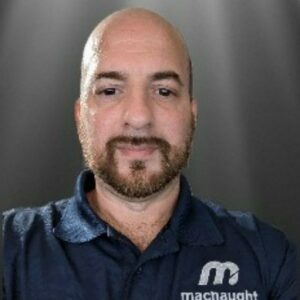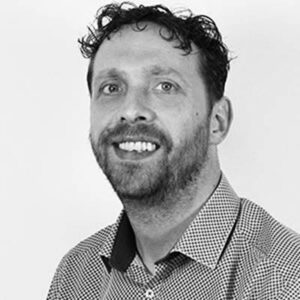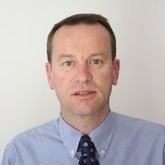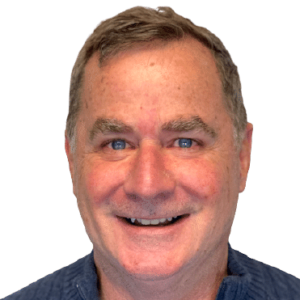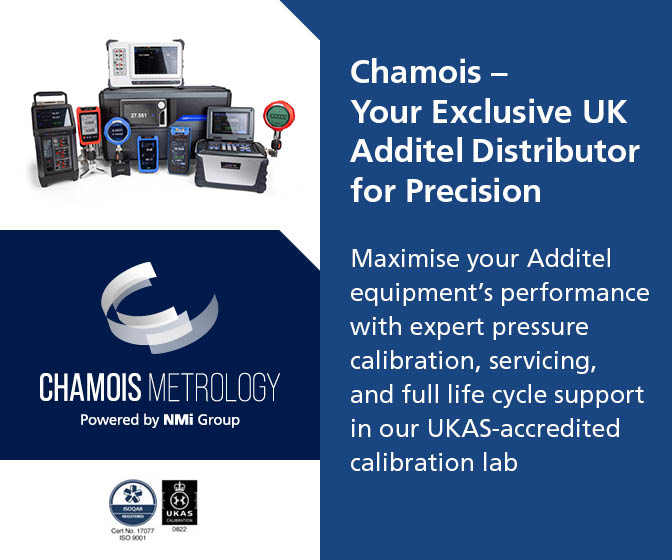Crude oil needs to be processed before it can be used. Three main types of the crude oil refining process steps to refine the oil into finished products:
- Separation
- Conversion
- Treating
1. Separation
In the first step, molecules are separated through atmospheric distillation (i.e., at normal atmospheric pressure, also known as a topping) according to their molecular weight. The oil is treated with heat to high temperatures of 400 degrees Celsius.
Oil residuals will remain at the bottom as they are heavy molecules and will not vaporize. During the first separation stage, light molecules rise to the top while it is vaporized. The temperature at the top is only 150 degrees. When the oil conversion happens, you will find a lot of hydrogen and carbon present. Crude oil consists of hydrocarbons, as do petroleum products and natural gas.
2. Conversion
In the conversion process, heavier molecules can be converted, or “cracked,” into the lighter products for which there is higher demand. Modern techniques also facilitate the joining of smaller hydrocarbons into larger ones, called unification, and the rearrangement of molecules through a process called alkylation.
During this process, the heat is increased even higher at 500 degrees, and now a catalyst is added for the chemical reaction to speed up significantly.
It should be noted that each step, including conversion, is costly, and if the complexity increases, it will increase energy use and costs as well.
3. Treating
During oil refining treatment stage three, treating it is done to remove any unwanted contaminants from the end product. It is an essential step as too little refining could cause increased pollution.
During this process, you will determine the improved air quality after emissions with less sulfur coming from refined petroleum products, sour natural gas, and smoke. Standards across the world are stringent in regards to refined oil use.





